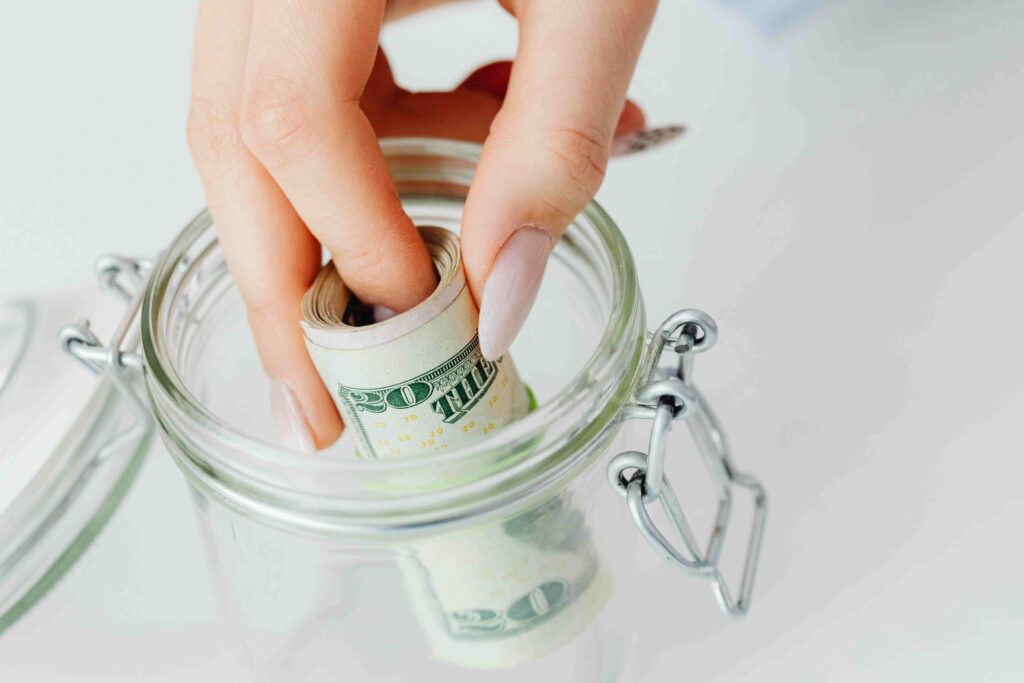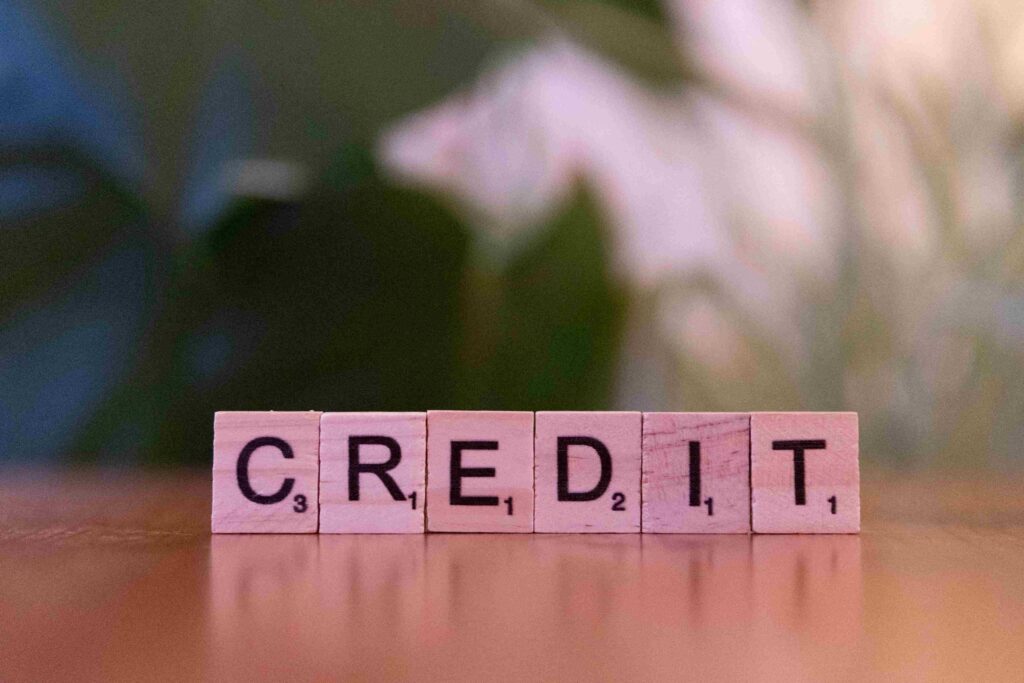Hey, you! Yes, the one scrolling through this article at 2 a.m., wondering if that unexpected car repair or last-minute flight is worth dipping into your sacred emergency fund. We have all been there, staring at our bank accounts, trying to figure out if this is the moment to break the glass and pull out the cash. But before you do, let us talk about something clutch: the three questions you should ask before using your emergency fund. These are not just random vibes; they are a legit framework to keep your finances on lock and your stress levels chill.
In 2025, with the economy doing its usual rollercoaster and budget travel trends shifting faster than TikTok dances, having an American emergency fund is not just smart; it is survival. But what is the purpose of these three questions? Spoiler: they are your bouncer, keeping impulsive spending out of the VIP section of your savings. Let us break it down, sprinkle in some stats, and get you ready to save money for your emergency fund in 2025 like a pro.
You should these topics as well
How to Stop Spending Money: 13 Clever and Fun Ways to Save More
Emergency Fund Definition: What Is It Even For?
First things first, what is an emergency fund definition that makes sense for us? It is not some dusty financial term your grandpa rants about. Think of it as your personal safety net, a stash of cash (usually three to six months of living expenses) that is there to catch you when life throws curveballs: job loss, medical bills, or that moment your dog decides your couch is a chew toy.
Here is the tea: a 2023 Bankrate survey found that 57% of Americans could not cover a $1,000 emergency with cash. Fast forward to 2025, and with inflation still flexing, that number is not looking much better. Your emergency fund is not just money; it is peace of mind. And in what way is your emergency fund a form of insurance? It is self-insurance, fam. Instead of paying premiums to some corporate suit, you are banking on yourself to handle the chaos.
So why the three questions? They are the filter that stops you from treating your emergency fund like an ATM for late-night DoorDash binges. Let us unpack them.
The Three Questions That Save Your Emergency Fund in 2025
Ready for the magic trio? These questions are your vibe check before you swipe that debit card. They are simple, scannable, and straight-up life-changing. Here they are:
- Is it unexpected?
- Is it necessary?
- Is it urgent?
The purpose? To make sure you are not raiding your emergency fund for stuff that does not deserve it. Let us dive into each one with some real-talk examples Millennials and Gen Z can relate to.
Question 1: Is It Unexpected?
Picture this: You are chilling, planning a budget travel adventure for 2025 (more on those trends later), when BAM, your laptop dies mid-Zoom call with your side hustle client. Unexpected? Heck yes. That is what your emergency fund is for: random, out-of-nowhere hits you did not see coming.
But if you are eyeing that new PS5 drop you have been hyping for months? Nope, not unexpected. That is a want, not a crisis. The purpose here is to separate surprises from splurges. In 2025, with remote work still popping off, tech fails are prime emergency fund territory. Keep it real: did you plan for this expense? If not, move to question two.

Question 2: Is It Necessary?
Okay, so your car brakes are screeching louder than your group chat after a Netflix cliffhanger. Necessary? 100%. You need to get around, stay safe, and not end up in a ditch. That is an emergency fund green light.
But what about that emergency sale on festival tickets? Not so much. Necessary means it is tied to your survival: housing, health, transportation, or keeping your gig. The purpose of this question is to flex your adulting muscle and prioritize needs over wants. Pro tip: if you are debating it for more than five minutes, it is probably not a need.
Question 3: Is It Urgent?
Timing is everything. Say your fridge dies, and your Trader Joe haul is melting faster than an influencer’s clout after a scandal. Urgent? Yes, food spoilage is not a wait-till-payday situation. Your emergency fund swoops in like a superhero.
Now, if your phone is cracked but still works, and you are just itching for that 2025 upgrade? Chill. Urgent means it cannot wait without screwing up your life. The purpose here is to stop procrastination from turning small problems into big ones and to keep you from impulse-spending on non-crises.
Emergency Fund in 2025: Why These Questions Matter More Than Ever
Let us level up: why are these three questions clutch in 2025? The world is wild right now. Rent is up, groceries are pricier than ever, and budget travel trends in 2025 are all about hacking cheap flights and hostels (we will get there). Your emergency fund in 2025 is not just a flex; it is your shield against the chaos.
Stats time: The Federal Reserve says 40% of Americans still cannot handle a $400 emergency without borrowing or selling something. With Gen Z and Millennials hustling through gig work and student debt, that emergency fund amount (aim for $1,000 to start, then three to six months of expenses) is your ticket to dodging that stat. The three questions keep you disciplined so you are not broke when the real stuff hits.
Plus, in what way is your emergency fund a form of insurance? It is your DIY backup plan. Insurance companies are hiking premiums in 2025 (think car, health, renters), but your emergency fund does not care about fine print. It is there, no questions asked (well, except these three).
Save Money for Emergency Fund in 2025: Actionable Tips for the Win
So, you are sold on the three questions. Now, how do you save money for an emergency fund in 2025 without living on ramen? Here is the playbook, tailored for the hustle generation:
Tip 1: Automate the Hustle
Set up a $20 auto-transfer to your American emergency fund every paycheck. Apps like Chime or Ally make it brainless. By December 2025, that is $520 without even trying, enough to cover a small crisis. Millennials love automation; use it.
Tip 2: Cash In on Side Gigs
Uber Eats runs, Fiverr gigs, or flipping thrift finds on Depop: pour that extra cash into your fund. Gen Z is killing it with side hustles in 2025; a quick $100 weekend boost can grow your stash fast.
Tip 3: Cut the Sneaky Subscriptions
Audit your subscriptions. That $9.99 app you forgot about? Cancel it. Redirect that cash to your emergency fund. A 2024 study showed Millennials waste $200 yearly on unused subscriptions; do not be that stat in 2025.
Tip 4: Travel Smart, Save Big
Budget travel trends in 2025 are popping off: think $50 flights to Mexico or van life road trips. Skip the $5 lattes on vacation and bank the savings. Low-competition, high-search-volume phrases like “cheap travel hacks 2025” are trending; ride that wave to stretch your dollars.

Real-Life Examples: When to Use or Skip Your Emergency Fund
Still fuzzy? Let us vibe with some scenarios:
Green Light: Your cat needs emergency vet care ($600). Unexpected, necessary, urgent: check, check, check. Use the fund.
Red Light: Coachella tickets drop, and you are tempted ($400). Planned event, not a need, not urgent: keep your cash.
Gray Area: Your phone dies, but you have a backup ($300). Unexpected, kind of necessary, not super urgent: maybe wait.
The three questions cut through the noise. They are your compass for navigating 2025’s financial jungle.
Budget Travel Trends in 2025: Stretch Your Emergency Fund Further
Speaking of jungles, let us tie this to something trendy: budget travel trends in 2025. Millennials and Gen Z are obsessed with seeing the world without breaking the bank: think hostel-hopping in Southeast Asia or scoring $99 flights to Europe. A solid emergency fund means you can travel without sweating the what-ifs (lost luggage, canceled flights, sketchy hostels).
Hack it: Use apps like Skyscanner for cheap fares and stash the savings in your fund. If disaster strikes mid-trip, those three questions will tell you if it is fund-worthy or just a vibe-killer to shrug off.
Final Vibes: Master Your Emergency Fund in 2025
So, what is the purpose of the three questions you should ask before using your emergency fund? They are your guardrails, keeping your emergency fund in 2025 sacred for the real stuff: unexpected, necessary, urgent chaos. They stop you from blowing your American emergency fund on fleeting hype and build a habit of financial flexing that will have you thriving, not just surviving.
Start small: $500 is a dope emergency fund amount for beginners. Stack it with our tips, lean into budget travel trends, and let these questions guide you. In a world where 2025 is throwing curveballs, your emergency fund is your MVP. So, next time life hits, ask yourself: Is it unexpected? Necessary? Urgent? You have got this.



2 thoughts on ““What’s the Purpose of the three Questions You Should Ask Before Using Your Emergency Fund in 2025?””